Bookkeepers are trained to use the same financial recording methods as accountants. They do this so that your accountant can quickly and easily process your financial information. Here’s what a bookkeeper can do for you:
- Process all your daily receipts, invoices and other transactions.
- Record the information in your accounting software.
- Work with you to make sense of the numbers.
But there’s more to bookkeeping than recording daily transactions. Bookkeepers will also be able to assist you with:
- add-on solutions to streamline your business workflow, such as point of sale tools
- payroll services to simplify the way you pay your staff
- bookkeeping rescue work – e.g. tidying up mistakes made by inexperienced staff
- training you and the other staff to use the accounting software properly.
In fact, a good bookkeeper can be your partner in ensuring that your business runs smoothly.
So why do you need one?
Like other business owners, it’s likely that you’re passionate about running the business, but you may not have the time to devote to recording all the daily financial transactions. For example, say you own a hair salon and have to record lots of:
- customer payments
- sales of products
- supplier invoices for those products
- banking
- staff wages and super.
That’s a lot of information to process and bookkeeping may not be your thing.
It would be easy for transactions to go unrecorded, left to pile up, mistakes could be made and important details could be lost or forgotten. That’s where a bookkeeper can assist and take the load from your shoulders.
The benefits for your business
With a bookkeeper on board, you’ll have more time to focus on the other areas of your business. Also, with your accounts in order and regular reporting available, you’ll have a clearer idea of how your business is performing which can be important when trying to stand out from your competitors.
A good bookkeeper can be a valuable asset to any small business, but if you find one with experience in your particular industry, they’ll add even more value.
Here at BSN & Co we have experienced bookkeepers who can help you manage your business. Visit our bookkeeping page to find out more (link to page)
Also, check our previous bookkeeping blogs Why Bookkeeping is Crucial to Your Success, Bookkeeping Basics for Small Business Owners and 5 signs that you need a bookkeeper








